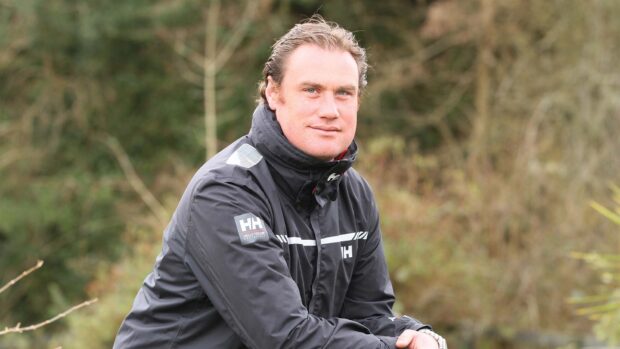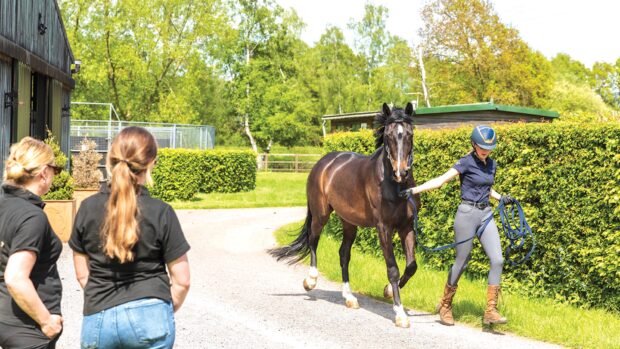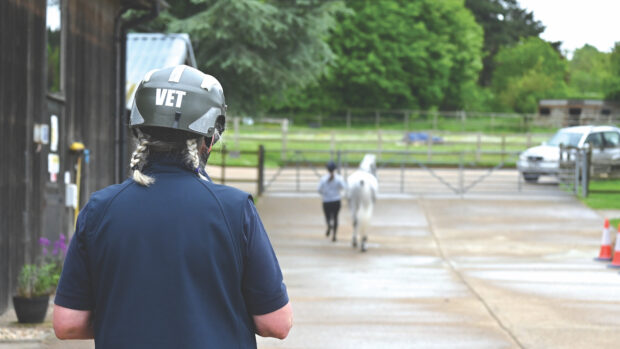Lincolnshire vet Robert Morris has been struck off the Royal College of Veterinary Surgeons (RCVS) register for falsely certifying a horse fit for sale, despite knowing that it had a respiratory problem.
The disciplinary committee of the RCVS found Mr Morris of Brant Broughton, near Lincoln, guilty of disgraceful professional conduct and ordered that he should be removed from the RCVS Register.
At the hearing, which concluded on Tuesday, 2 October, Morris was accused of certifying the six-year-old gelding Toby fit for sale despite knowing the horse had respiratory problems which could affect his future use.
Potential buyer Peter Smith claimed he had drawn the vets attention to a respiratory roar at exercise, but had been assured there was no significant problem with the horse.
A second opinion sought after Toby had been bought confirmed that Toby had an upper respiratory problem and that his vocal cords were damaged, likely due to a previous deep penetrating injury to his neck.
Morris was not at the hearing, but in a letter he claimed that he and Mr Smith had spoken about the wind noise during the vetting.
Mr Smith specifically asked me to omit reference to the wind noise as it could not be defined and assured me the certificate was not for insurance purposes, said Morris in his letter to the committee.
But the hearing found Morris guilty in his absence, ruling that despite the disagreement about whether Mr Smith had asked him to omit the roar from the certificate, Morris had been fully aware of Tobys respiratory problem but had chosen not to record it on the certificate.
The certificate was therefore not true and accurate.
They said members of the public should are entitled to rely on a veterinary certificate without question.
Chairman of the disciplinary committee, Brian Jennings, said: Members of the public are entitled to expect a member of the profession to act with integrity, probity and trustworthiness, and any failure on the part of a veterinary surgeon to meet those high standards damages the publics perception of the profession.
Reliable veterinary certification is a cornerstone of the profession.
We are sure that Mr Morris signed the certificate when he knew that there were signs of disease or abnormalities with this horse.
Such behaviour amounts to disgraceful professional conduct and will not be tolerated. It is therefore both appropriate and proportionate to remove Mr Morriss name from the Register.
This news story was first published in Horse & Hound (11 October, ’07)



